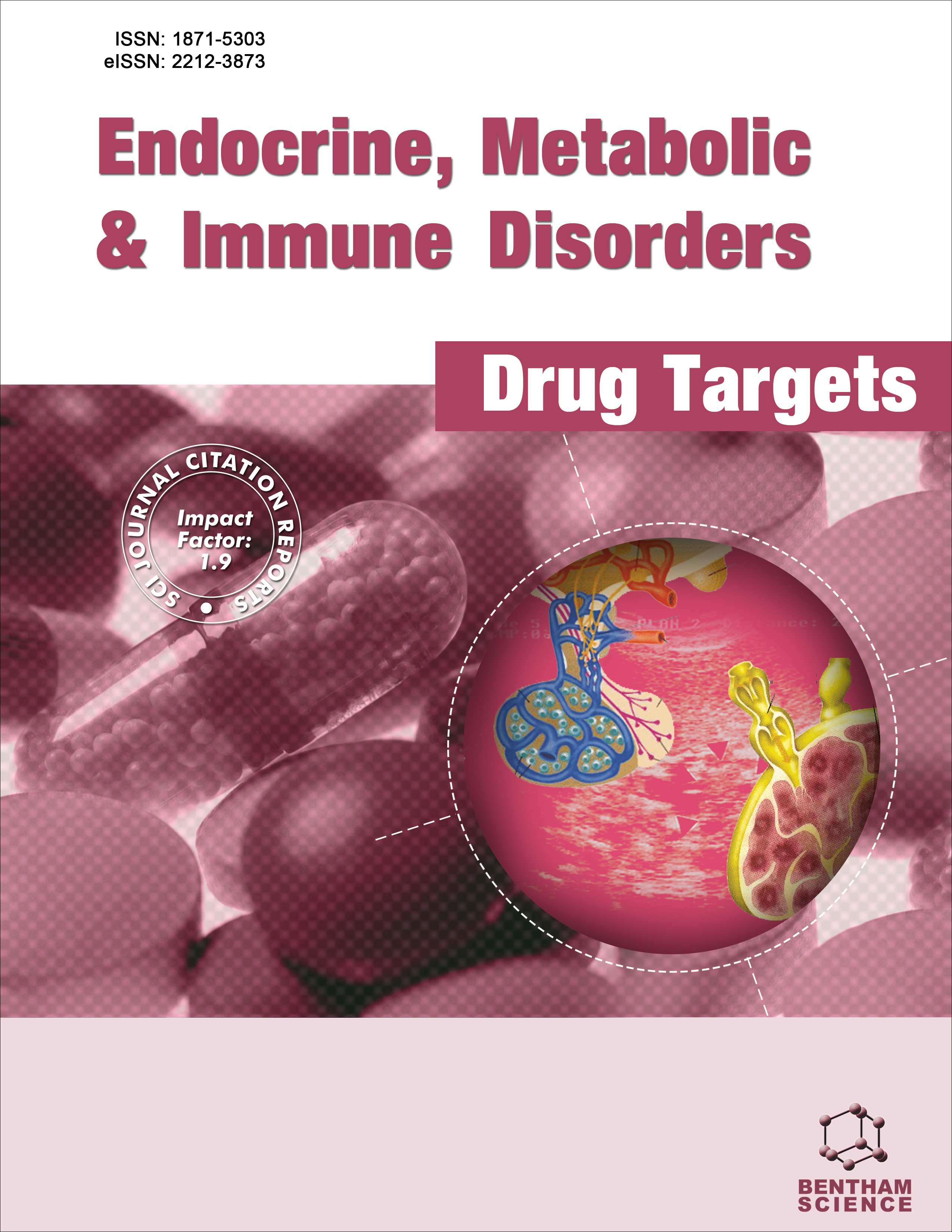-
oa Acute Suppurative Thyroiditis Caused by Gemella Morbillorum: A Case Report
- Source: Endocrine, Metabolic & Immune Disorders-Drug Targets, Volume 25, Issue 13, Oct 2025, p. 1110 - 1115
-
- 12 Aug 2024
- 23 Sep 2024
- 09 Dec 2024
Abstract
Acute suppurative thyroiditis (AST) is a rare form of thyroid inflammation prevalently of bacterial origin that usually affects subjects with risk factors such as immunodeficiency, sepsis, and neck fistulas. The most prevalent pathogens associated with AST are gram-positive aerobic bacteria, followed by gram-negatives, while infections by anaerobic germs are exceptionally rare. Gemella morbillorum is a facultative anaerobic gram- positive bacterium that commonly populates the upper respiratory tract. Infections by Gemella Morbillorum have been previously documented in different regions (i.e., lung, brain, bone, liver), but never in the thyroid.
An 18-year-old male with no previous medical history presented to the emergency department complaining of a rapidly enlarging painful neck mass in left anterior latero-cervical region progressively worsening over the last two weeks, accompanied by dysphagia and fever. Blood tests showed the presence of thyroiditis (suppressed TSH with increased free thyroxine, elevated inflammation markers and neutrophilic leucocytosis). Neck ultrasonography and CT showed a large abscess involving the left thyroid lobe and extending to the ipsilateral laterocervical region, suggesting the diagnosis of AST. Prompt antibiotic therapy was started and subsequent surgical drainage of the abscess was performed, resulting in a rapid clinical recovery and the restoration of normal thyroid function. The bacterial culture of the abscess showed exclusively the presence of Gemella morbillorum.
We present the first documented case of AST caused by Gemella morbillorum in an otherwise healthy young man. Although rare, AST in immunocompetent patients is possible; prompt diagnosis and treatment of this condition are fundamental to avoid severe complications.


